Warning: Don't do this at home.
Court proceedings at the Old Bailey revealed the facts about a murdered paedophile. Within weeks of hearing that her 77-year-old neighbour had been released on bail ahead of his trial for molesting three young boys, a mother had pounded on her neighbour's door. Her intention was to plead with the man to admit his crimes and spare his young accusers from appearing in court.
But when he answered the door, he ignored her request and smirked. He told her the boys were all liars who had ruined his life.
Overwhelmed and emotional, she stabbed him. He crawled into the hall where he bled to death. She gave herself up soon after, and admitted her guilt.
The mother of five wept as she was jailed for three-and-a-half years.
She was cleared of murder but convicted of manslaughter by reason of loss of control.
The Judge said it was an exceptional case because she had lost control rather than taken the law into her own hands and engaged in vigilante conduct. He reduced her sentence from seven years to three-and-a-half, taking into consideration her position as a single mother.
The mother has already been in custody for the past 10 months and could be released on parole and reunited with her family in less than a year.
Men who prey on children ruin their victim's lives as well as the people around them. They say this sick predatory inclination has no cure. So many people have been indicated in this behaviour lately—men working in high-power jobs of government, the church, and show business.
As a society, we must find a way to control paedophiles' urges and keep our children safe.
I thank God this has never happened to me.
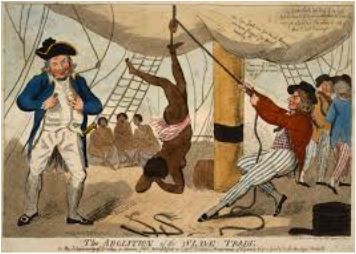

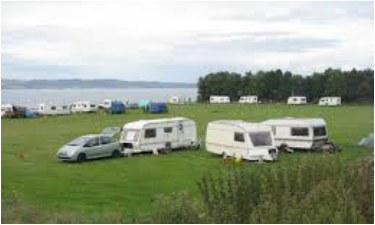


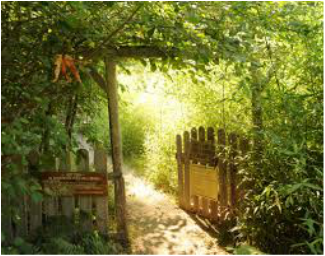

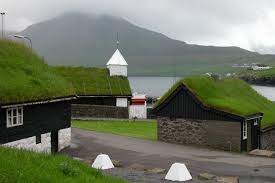
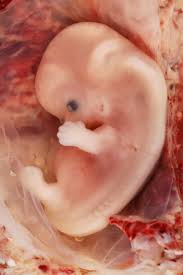
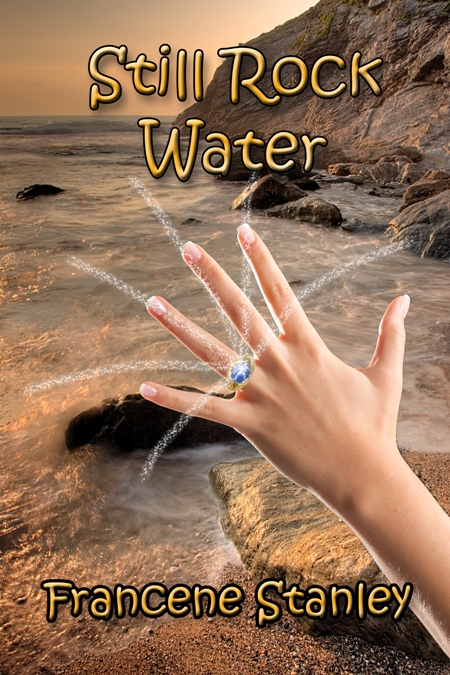
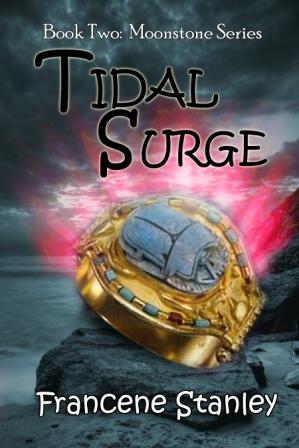
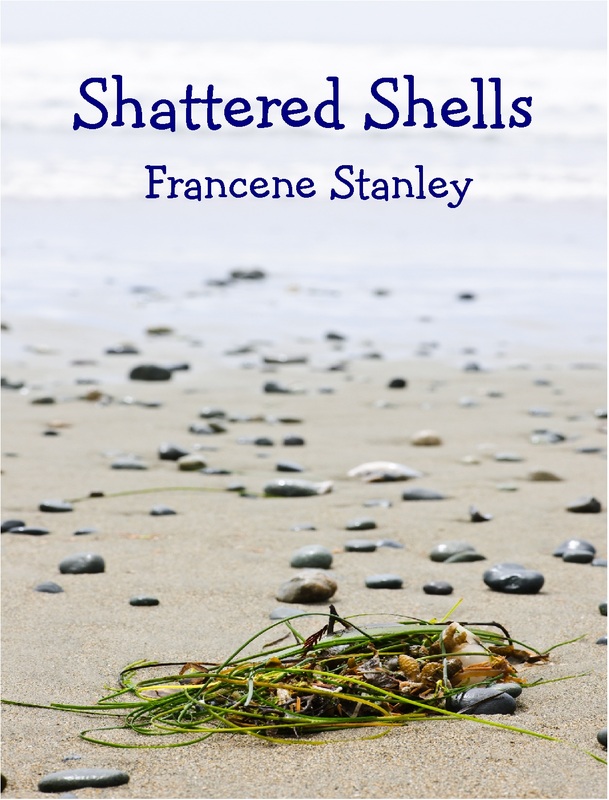
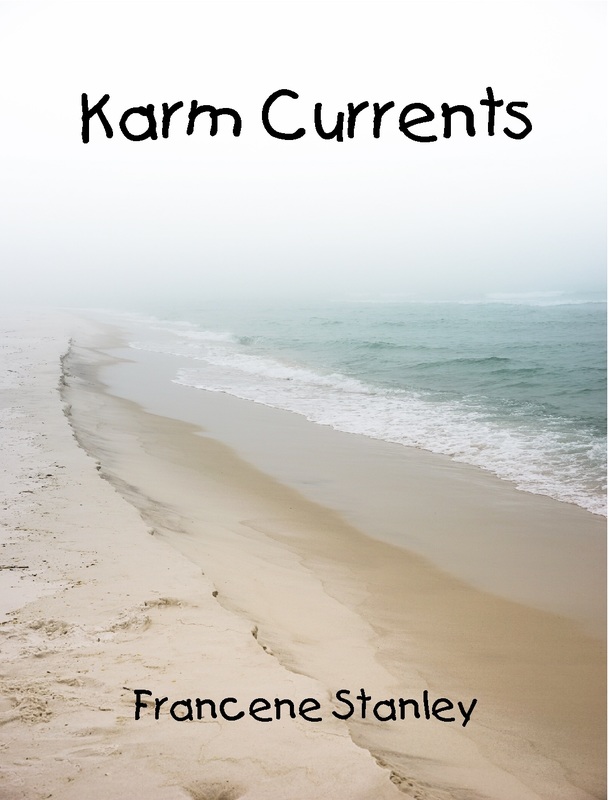
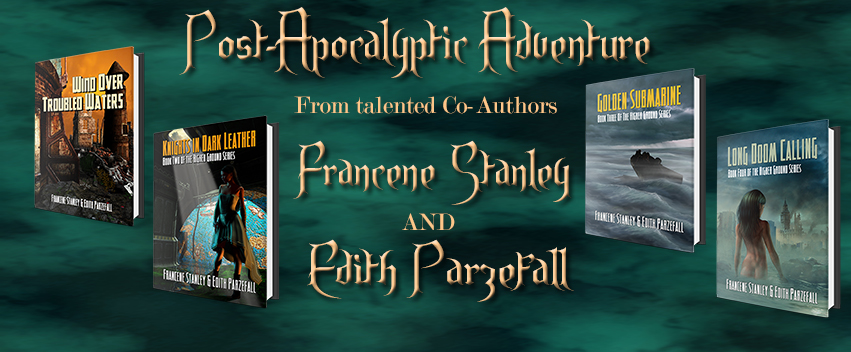
 RSS Feed
RSS Feed
